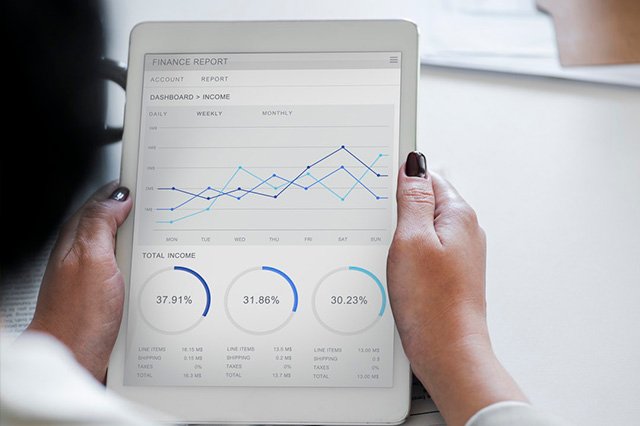Before you start using energy monitoring systems, it is important to know more about energy monitors. Since electricity is very expensive, it is crucial to find effective ways to reduce power consumption. Finding ways to cut your electricity usage can save a lot of money down the line. Both homeowners and business owners are beginning to take their energy management seriously through energy monitors. These are advanced devices that provide insights into how much power you are using when you are using it and which appliances are using the most energy. With this information, you can easily adjust your usage behavior and cut down on your costs while helping the environment. Read on to learn more about energy monitors.
What is an energy monitor?
An energy monitor is also known as a consumption monitor and it provides detailed information on how you use your energy. Depending on your energy monitor, you may be able to track your energy consumption at the circuit, device or full home level remotely from your device. A monitoring application will provide you with in-depth insights as well from how to reduce energy usage by increasing energy efficiency.
How do monitors work?
Energy monitors sit next to or in your electrical panel. If you have smart panels such as spans, the monitoring capability will be built in and deliver monitoring and insights at the circuit level. If you have add-on energy management systems, it comes with sensors and the sensors may clamp onto your mains. This means that the wires that run between your electrical panel and electric meter read the electrical current of your home or business. Instead of connecting to the mains, some energy sensors connect to circuits directly, providing monitoring at the circuit level. Either way, your monitor will deliver its findings to your computer or smartphone in the form of detailed insights.
Individual appliance monitors vs. household monitors
It is very important to differentiate between energy monitors for appliances and household energy monitors. Some monitors such as those in smart plugs are often used to monitor a single electric appliance at a time and provide a more detailed look at that device. On the other hand, household monitors connect to individual circuits or to your energy panel to paint a larger electricity-use picture.
Why do you need energy monitors?
If you have ever read through your electricity bill then you have realized that it does not provide a lot of details. Your bill will tell you the total amount of electricity you have used, how much you are being charged for the electricity you have used and other fees.
Energy monitoring systems help you by eliminating the guessing game and helping you make a decision based on facts alone. You will be able to understand the energy you are consuming at your home or business. Monitors will also provide you with more information at the circuit or device level. If you want to see phantom loads that are using energy, your monitor will give you insights so that you can ensure all devices are unplugged when not in use.
